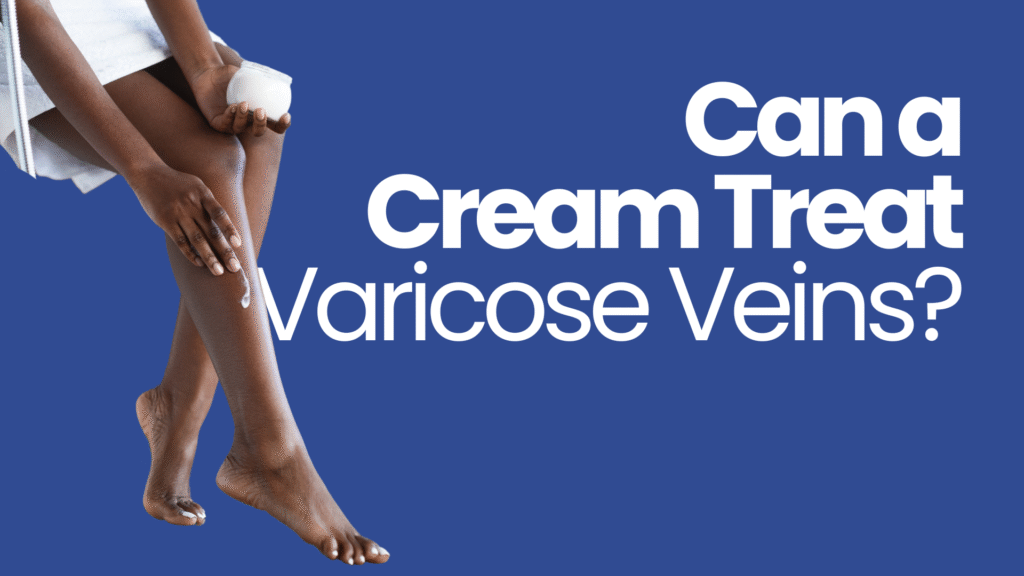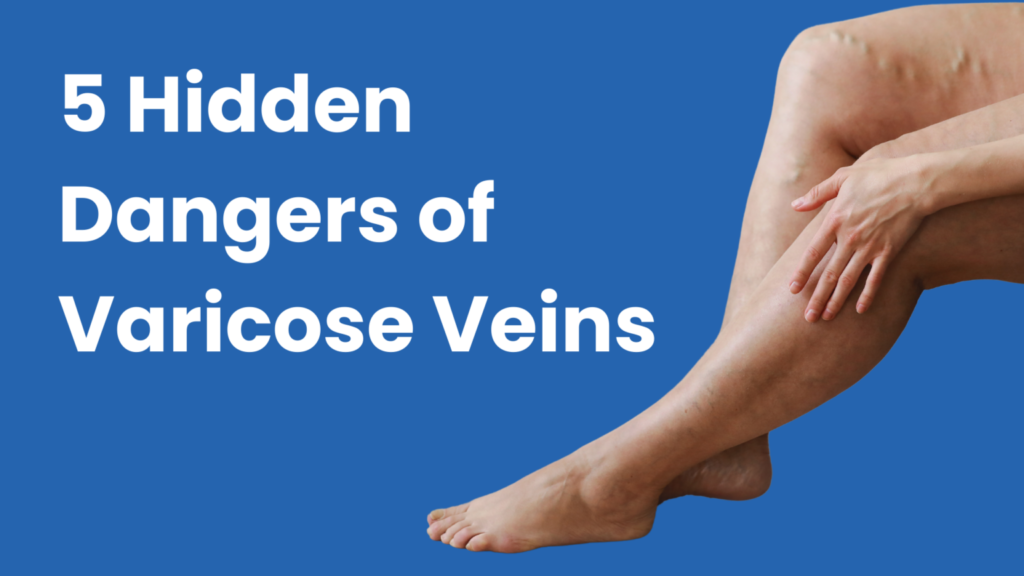The old adage that, “You are what you eat,” gains more and more traction as researchers continue to discover the myriad ways that diet affects your health, which is certainly true of your vascular health. While there are many ways to improve varicose veins, their connection to your diet is an indirect but important one.
At Soffer Health Institute, our team of vascular health specialists, under the direction of Dr. Ariel Soffer, has an in-depth understanding of the role that diet plays when it comes to the health of your blood vessels.
As just one example, in the following, we explore how certain changes in your diet can improve your varicose veins.
Table of Contents
ToggleVaricose veins at a glance
To better understand how your diet influences varicose veins, let’s quickly review how they develop in the first place.
Varicose veins are caused when the valves in the veins in your legs begin to weaken and falter, allowing blood to pool and flow backward. When this happens, your veins can bulge and rise toward the surface of your skin.
In most cases, varicose veins pose nothing more than a cosmetic concern, but they can lead to a dull ache in your legs and even ulcers in the skin.
If you want your blood to flow the way it should, you should do everything in your power to prevent problems that hamper your circulation, including instituting dietary changes that support vascular health.
Less salt and more potassium
Foods that are high in sodium cause you to retain more water, which can place pressure on your veins. In addition to limiting foods that contain a lot of salt, you can combat water retention with potassium.
Foods that are great sources of potassium include:
- Bananas
- Spinach
- Tomatoes
- Potatoes and sweet potatoes
- Mushrooms
- Oranges
- Cantaloupe
- Avocadoes
This list isn’t comprehensive, but it’s a good start in fighting fluid buildup.
The role of rutin
Rutin is a bioflavonoid that’s found in plants and plays an important role in improving circulation. Researchers believe that rutin strengthens your blood vessels and increases their flexibility, which means fewer problems like varicose veins.
Foods that are rich in rutin include:
- Buckwheat
- Asparagus
- Apples
- Brussel sprouts
- Figs
- Citrus fruits
- Green and black teas
Rutin supplements are available, but please consult with us beforehand for dosing instructions as taking too much rutin can cause side effects like blurred vision and gastrointestinal upset.
Avoid added sugars and fats
This tip is one that benefits almost every area of your health, including your cardiovascular health. Foods that are high in sugars and/or fats can lead to buildup in your blood vessels. At best, this buildup can make you more prone to varicose veins, and at worst, to coronary artery disease, which can lead to a heart attack or stroke.
For all of these reasons, we recommend that you steer clear of processed foods (most junk foods), refined carbohydrates, and foods with trans fats. Instead, add more plant-based foods to your diet because they’re rich in antioxidants, fiber, and micronutrients.
Should varicose veins still develop despite your best efforts, rest assured, we offer a wide range of solutions that can quickly and easily eliminate the bothersome veins.
If you’d like to learn more about the prevention and treatment of varicose veins, contact one of our three offices in Weston, or Aventura, Florida, to set up an appointment.



